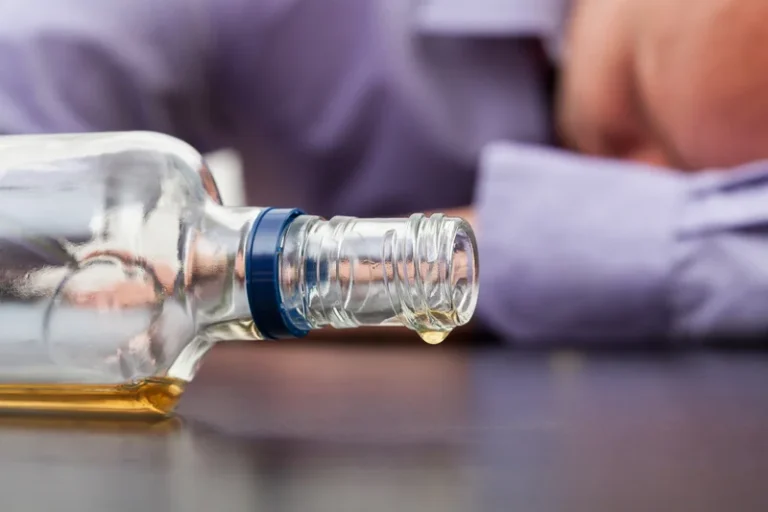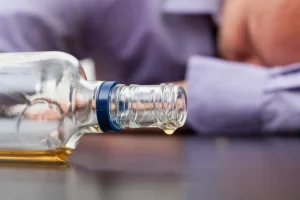
Dear addiction, I never thought in a million years that I would be writing this letter. Others choose to destroy their letters as a sign of being done with their addiction once and for all. The letter above is just an example, and yours should be focused on your own experience and feelings. It’s okay to feel sad while writing your letter, but it’s also important to focus on the good things that are about to come.
The Importance of Family Support in Local Addiction Recovery

But crafting this letter in an effective and supportive manner is key. Here’s a simple guide to help you structure your character reference letter effectively. A Character Reference Letter for someone recovering from drugs can provide crucial assistance in this process. A well-crafted letter highlights the individual’s progress and dedication to sobriety.
How To Stay Sober and Committed to YourC
Self-reflection can also help you recognize the progress you’ve already made, boosting your confidence and motivation to continue on your path to recovery. This is really an opportunity to include your friends, family, and commitment to recovery letter co-workers in your recovery. If you struggle to write your driver’s license restoration hearing reference letters, consult with us because we specialize in these matters. With the proper guidance and support, you can craft a letter that will help convince the hearing officer of your commitment to sobriety and getting back on track. Since our team helped hundreds of clients with their Michigan driver’s license restoration hearings, we know how vital Michigan driver’s license appeal reference letters are as evidence.
- To support my healing journey, I will prioritize my emotional wellness by attending therapy sessions regularly.
- Wishing you strength, courage, and the support you need on this journey.
- Remember, recovery is a journey, not a destination, and with the strength to commit to the process, your loved one can overcome their struggles and create a life worth living.
#4. A Letter of Commitment to Rebuilding Relationships after Addiction

Learn more about how Lakeview Health can help you after rehabilitation with our aftercare program here. To Whom It May Concern, this letter serves as a character reference for Alex Wilson, who I have had the privilege of counseling through his recovery process. His journey has been nothing short of inspiring, and I am pleased to share my insights on his character and dedication to positive transformation. To Whom It May Concern, I am writing to recommend David Brown, who was previously employed with us before his struggles with substance abuse. After completing his recovery program, I had the opportunity to reconnect with him and am impressed by his commitment to change.
Should I mention anything about the person’s addiction in the letter?
Usually, the circumstances surrounding this state of mind involve potentially trauma-inducing elements. Keeping that in mind, the specifics of people and places matter less than the mental or emotional details. The simplistic brilliance of addressing a letter to the future resides in the portability of the message. Like a box of old photos, this letter can provide a portal to the past without occupying an overwhelming mental burden for the recovering individual.
Remember that the recovery process is not linear, and marijuana addiction there will be ups and downs. That’s why recognizing the necessity of commitment during drug and alcohol detox is essential. It can be challenging for someone getting sober to maintain their dedication.
- What I do understand—and need you to know—is how your painkiller problem has hurt me and our relationship.
- When someone successfully conquers addiction, it’s a significant accomplishment that brings happiness and relief.
- It means creating healthy patterns and practices in your life and sticking to those patterns to the very best of your ability.
- Rehabilitation is a process that requires dedication and perseverance, and I want you to know that you are not alone in this endeavor.
- Ever since, I stay awake at night, dreading a call telling me you’ve hurt yourself or someone else.

Writing a letter to that same self provides an unparalleled opportunity to reconnect and forgive oneself for the ways they feel they have damaged their own well-being. The five keys to recovery success include hope, a secure base that provides safety and stability, supportive relationships, empowerment with inclusion, and coping strategies. Remember, recovery is a journey, not a destination, and with the strength to commit to the process, your loved one can overcome their struggles and create a life worth living. Let’s dive in and explore how commitment can help them accomplish long-term sobriety and success in recovery. Writing a commitment to recovery letter can be a transformative and empowering experience.

However, forgiving someone does not mean you have to rebuild a relationship with them. It’s about releasing yourself from their control over your emotional wellbeing. That shows the reader that you’re not trying to make excuses or shift the blame. To support this commitment, I will communicate openly and honestly with those affected by my addiction. I will take responsibility for my past actions and acknowledge the pain and hurt I have caused.
Realize That Drinking or Taking Drugs is Not An Option

Beyond loved ones, you found comfort and guidance in groups and communities that understood your struggle. These compassionate souls offered a safe space to share your challenges, fears, and victories without fear of judgment. Their empathy and shared experiences gave you valuable insights and renewed strength during vulnerable moments. Sitting down and penning a message to a future self might not even make sense during the physical act of writing.
Addiction, Treatment and Recovery in Tennessee
You have turned your pain into purpose, offering hope where there was once despair and demonstrating that with courage and support, transformation is achievable. As you read these words, I want you to pause and truly absorb the magnitude of your journey. Think back to those early days when every step forward felt like climbing a mountain. The path to sobriety has been marked by challenges that tested your self-control and moments where it seemed easier to give in. My behavior will always reflect a desire, or the suppression of a desire, to use.